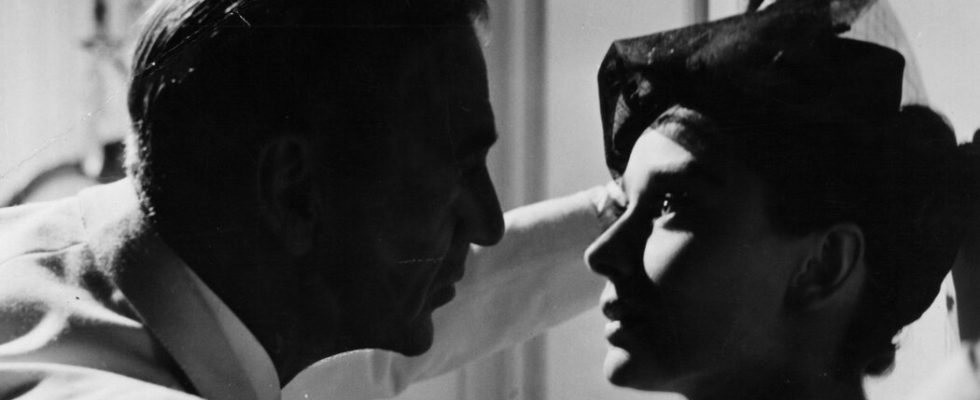Anet, the pen name of the dashing bon vivant Jean Schopfer, was born in 1868 in Switzerland, and “Ariane” traffics in binaries about polished continental ladies and the wild, “nihilistic little girls” of Russia, who make the body “a subject of experiments” and “use it for their pleasure and at their convenience.” The gamine Ariane, an embodiment of the latter group, draws upon an impressive number of male fantasies: irresistible temptress, heedless home-wrecker, cipher, jailbait, manic pixie dream girl, slut. She is dangerously free.
“Ariane,” the basis for the 1957 Billy Wilder film “Love in the Afternoon,” was Anet’s most popular book. But where Audrey Hepburn plays the titular role as a doe-eyed ingénue, the Ariane of Anet’s imagination is considerably more enigmatic. Conceived out of wedlock and unbaptized, she is orphaned at 14 and sent to live with her aunt, a physician who regards love “the way men did. She took a lover when the desire struck her, and left him when she found another more to her fancy,” explains the nameless narrator, deftly channeled by translator Mitchell Abidor.
The book opens when Ariane is 17, a brilliant student, hypnotic conversationalist and ravishing beauty who enchants every man in her Russian hamlet. When she distracts her aunt’s inamorato, Ariane is no longer welcome at home. Everyone wants her married off, but Ariane is determined to continue her education in Moscow. She enters into a peculiar arrangement with a rich, elderly engineer: For a couple of hours of sparkling repartee, he will fund her studies.
The era is fuzzy and the tone of the book is gossipy. Rumor and innuendo are its central preoccupations. Does Ariane’s arrangement entail sex? Do men fall at her feet because she sleeps with them, or because she doesn’t? With the exception of her affair with Constantin, Anet keeps Ariane’s little black book pretty well sealed. We learn that she slept with Constantin on the third date — but was she a virgin at the time? Only Ariane will ever know.
Again and again, the lovers tussle over which of Ariane’s prior entanglements she should or shouldn’t disclose. Ariane tortures Constantin by alluding to other men; he tortures himself by imagining the sordid details; she casts doubt on her own stories; he tells her to be quiet; she laughs or cries; they make love; rinse and repeat. The book ends with a reconciliation of sorts that feels both overwrought and flimsy.

